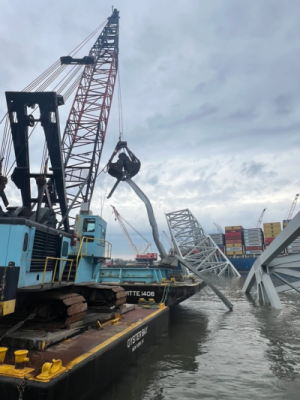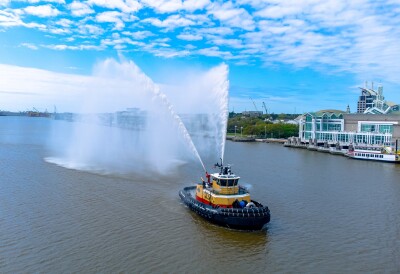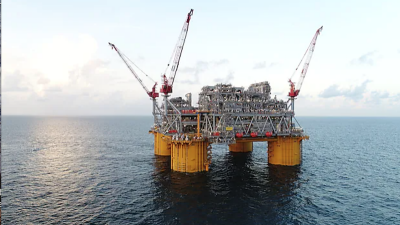It’s critical to understand that it was clearly a multipoint failure, at sea and ashore, that placed the El Faro in jeopardy and ultimately resulted in her sinking. Those failure points were neither mechanical, electrical, structural, regulatory, nor technological. They were psychological, particularly the tendency toward having blind faith in technology as a remedy for delusional thinking.
As Mario Vittone wrote in his Oct. 8 gCaptain essay, We Won’t Learn Anything: What Sank El Faro and What Didn’t, “Once in a hurricane, no technology will make it not a hurricane.” Looking for a technological fix for surviving contact with a hurricane is a fool’s errand. Useful technology in this application is confined to observance enabling avoidance, of which there was no known shortage.
There was also no shortage of experience aboard El Faro or among owner TOTE’s land-based personnel that would readily explain their rose-colored view of voyage planning in the face of Hurricane Joaquin. That’s unless the problem was excessive pride from experience.
Despite the hard, tragic experience and historical evidence, we remain largely blind to the fact that experience alone is often overvalued and has failed repeatedly to keep us out of harm’s way. “Nothing we find out will make us safer from our ability to think we know better,” wrote Vittone. “We don’t need to wait a year for the reports. We know enough already. All we need to do now is remember. We can remember what we’ve already learned and stop thinking that our positive experience at sea matters.”
Captains, crew, and anyone else with an interest in marine safety should read Vittone’s essay in its entirety. Then they should read it again, until the core message sticks. Remember, the career or life you save just might be your own.




